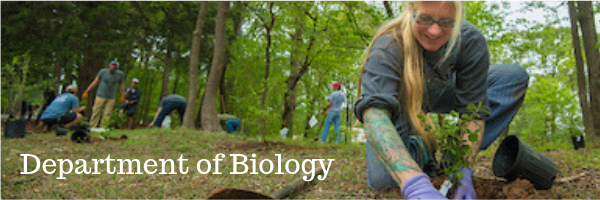
Faculty and Student Publications
Document Type
Article
Publication Date
2-1-2022
Abstract
Advances in the analysis of amplicon sequence datasets have introduced a methodological shift in how research teams investigate microbial biodiversity, away from sequence identity-based clustering (producing Operational Taxonomic Units, OTUs) to denoising methods (producing amplicon sequence variants, ASVs). While denoising methods have several inherent properties that make them desirable compared to clustering-based methods, questions remain as to the influence that these pipelines have on the ecological patterns being assessed, especially when compared to other methodological choices made when processing data (e.g. rarefaction) and computing diversity indices. We compared the respective influences of two widely used methods, namely DADA2 (a denoising method) vs. Mothur (a clustering method) on 16S rRNA gene amplicon datasets (hypervariable region v4), and compared such effects to the rarefaction of the community table and OTU identity threshold (97% vs. 99%) on the ecological signals detected. We used a dataset comprising freshwater invertebrate (three Unionidae species) gut and environmental (sediment, seston) communities sampled in six rivers in the southeastern USA. We ranked the respective effects of each methodological choice on alpha and beta diversity, and taxonomic composition. The choice of the pipeline significantly influenced alpha and beta diversities and changed the ecological signal detected, especially on presence/absence indices such as the richness index and unweighted Unifrac. Interestingly, the discrepancy between OTU and ASV-based diversity metrics could be attenuated by the use of rarefaction. The identification of major classes and genera also revealed significant discrepancies across pipelines. Compared to the pipeline’s effect, OTU threshold and rarefaction had a minimal impact on all measurements.
Relational Format
journal article
Recommended Citation
Chiarello, M., McCauley, M., Villéger, S., & Jackson, C. R. (2022). Ranking the biases: The choice of OTUs vs. ASVs in 16S rRNA amplicon data analysis has stronger effects on diversity measures than rarefaction and OTU identity threshold. PLOS ONE, 17(2), e0264443. https://doi.org/10.1371/journal.pone.0264443
DOI
10.1371/journal.pone.0264443
Accessibility Status
Searchable text

